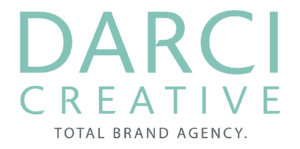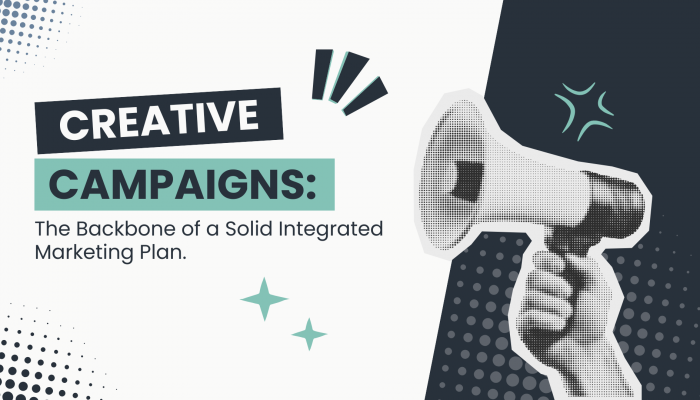As a business owner, you have a lot of options when it comes to choosing a marketing partner. There are a lot of entrepreneurs and agencies out there selling digital marketing and search marketing services. It can be hard to determine who is really going to be able to help you grow your business through Search Engine Optimization (SEO – the process of improving your website to be more visible in search engines), so here are a few questions you should ask any agency you’re talking to (and the answers) so you can tell if they’ll be a good fit for you! So let’s go – how do you find a great agency to help you with Search Engine Optimization (SEO)?
1. How do you approach reporting and transparency? What data sources and KPI’s are used?
As a data source, Google Search Console is a completely free tool that provides granular detail about every search where your website showed up, including keyword, ranking, and total clicks. Some marketing agencies use third party ranking trackers, but these are more expensive and less precise, and don’t provide additional data beyond rankings.
Key Performance Indicators (KPIs) provide insight into how effective your marketing efforts are, providing quantitative data across multiple categories like keyword rankings, impressions, queries, clicks, and conversions. But KPIs are meaningless without context. For instance, a page 1 ranking for a keyword sounds great, but what if it’s a keyword that no one really searches for? Or what if it’s a keyword that lots of people search for, but they’re not the people you’re trying to reach? It’s important to remember that rankings are not the end goal of SEO. The goal is to get your business found by people who are already looking for your product or service but don’t know your brand exists. That’s what will drive additional clicks that then translate into new business–and tracking those end results is even more important than your rankings.
With so many KPIs to track, the key is to decide which actions are most important and ensure that tracking is set up properly for those things. The best practice is to assign dollar values, or estimates, in Google Analytics 4 (the platform that replaced Universal Analytics) to all KPIs being tracked. This will allow you to see exactly how much marginal revenue SEO is bringing in and determine your ROI.
All this data isn’t valuable to you, the client, without transparency and reporting from your marketing agency. A crucial part of our role as your marketing partner is to make it easy for you to access, digest, and understand your data. For this reason, our marketing team uses Looker Studio (formerly Data Studio), integrated with Analytics and Search Console. This gives our clients access to an interactive spreadsheet containing KPI data with realtime updates, and have the ability to change time frames, apply filters, and search by specific keywords.
2. How will you adapt your process to my specific business, industry, and goals? And how will you integrate SEO efforts with our other marketing efforts (either in-house or outsourced)?
SEO is not a one-size-fits-all hat where you can just adjust the velcro strap and plop it on. Any successful marketing agency will have a standard process–technical SEO cleanup, on-page optimization, content creation, and off-page SEO–and tactics that they use to boost your organic presence. These tactics will not be effective, however, without an overarching strategy in place. As the client, you should make sure any agency you work with will take the time to understand your specific business, your goals, and your target market, and refine their process accordingly.
For example, DARCI Creative works with businesses that include local home service providers, medical practices, financial advisors, and software services providers. Some of these are B2B, some are B2C; some want to drive physical traffic, some want to generate leads, and others are focused on e-commerce. We can’t simply duplicate the strategy used for a landscaping company and apply it to a SaaS website–at least not for best results!
So, how do you know if your marketing agency is doing the work to tailor their strategy to your business? It should be clear that your agency has done advance research to understand your business and goals and can explain how they plan to modify their process to best suit your needs. Typically, the best first step in developing a plan for your business is to do a competitive audit. This will give a picture of where your website currently stands, how it fits into the competitive landscape, and what keywords would be best to target. The data from your audit will be used to create a strategy for your business, and to dictate which tactics will offer the most benefit.
SEO is sometimes misunderstood as an isolated component, but it’s most effective when integrated with all your other marketing efforts. Thought of in football terms–if the quarterback doesn’t know where any of the receivers are running, the chances of a successful completed pass are much lower. Your marketing agency should be able to answer the following questions:
- If you’re building a website: Are you using SEO goals and target keywords to inform your URL architecture and macro site structure?
- If you’re creating blog posts: Are you utilizing content marketing, optimizing each post for search, optimizing categories and blog pages, and creating an internal linking strategy?
- If you’re producing video: Are you optimizing your videos on YouTube and making sure they get indexed by Google, so they appear when someone searches for your brand?
When SEO is an integrated piece of the marketing puzzle, used in communication and coordination with all other pieces, you’ll see better, faster results. This requires a greater time investment but is absolutely worth doing.
3. Do you follow Google’s best practices and guidelines?
Google publishes and regularly updates their guidelines and best practices for SEO, and agencies use one of two tactics. Those who fall into the category known as White Hat play by the rules and don’t try to “trick” Google. Black Hat marketers don’t follow established best practices. Their aim is to try to game the system and fool Google into higher rankings.
While some Black Hat tactics may work (at least initially), they also carry the risk of severe penalties. These can be as extreme as a complete removal from all of Google search and a ban on running Google Ads. Using Black Hat tactics is like speeding–you might not get caught or get into an accident, and you may get where you’re going a tiny bit faster. But the potential consequences–ranging from a speeding ticket that raises your insurance rates to an accident where someone gets badly hurt–are incredibly severe. It’s best to directly ask a prospective agency if they use Black Hat tactics so you can evaluate whether the risk/reward makes sense for your business.
At DARCI, we don’t do any Black Hat SEO. The risk is just too high. The Google algorithm is constantly being tweaked and improved, often to better sniff out those trying to manipulate it. When you use Black Hat tactics, your vulnerability may increase with every algorithm update. In addition, these updates theoretically reward those sites that play by the rules, at the expense of the sites who don’t. Because our SEO experts don’t rely on Black Hat tactics, we’re confident that the results we get for our clients are durable, and will continue to pay dividends even after our work is complete.
Here are some other red flags to look out for when choosing an SEO agency:
- No case studies.
- Testimonials on their website (where they can edit them), but not anywhere else–Google, Facebook, LinkedIn, etc.
- They make “guarantees” about specific results and timeframes.
- They say you can’t see their (your!) data and/or they won’t tell you what their process is because some aspect of it is “proprietary.”
- They won’t provide transparency into their process, or tell you what they’re actually doing, because it’s “proprietary.”
- They are not able to speak intelligently about your business model.
- They say they don’t need any input or collaboration from your end.
- They refuse to make changes to your website because it’s “unnecessary.”
- They offer a pricing package that seems too good to be true.
As the client, you have the right to ask questions of your agency. After all, they work for YOU. At DARCI, we believe transparent communication is essential. Your agency should be clear about their strategy for your business, what tactics they will use, and how they’ll be integrated with your other marketing efforts. We often work with clients who have been paying an agency for SEO, but have not gotten results or seen reports. It’s crucial that your agency shares your data, explains the results, and lets you see exactly where your money is going. SEO is not a one-size-fits all endeavor. You know more about your business than anyone, and a good agency will welcome your input and be clear about how they’ll adapt their process to fit your business. SEO is an important piece of the marketing puzzle. When done effectively, it has the power to elevate your business and have a positive impact on your bottom line.
Ready to talk about improving your Search Engine Optimization? Let’s do it.
Curious what kind of results we get? Learn more about our Digital Marketing services.







